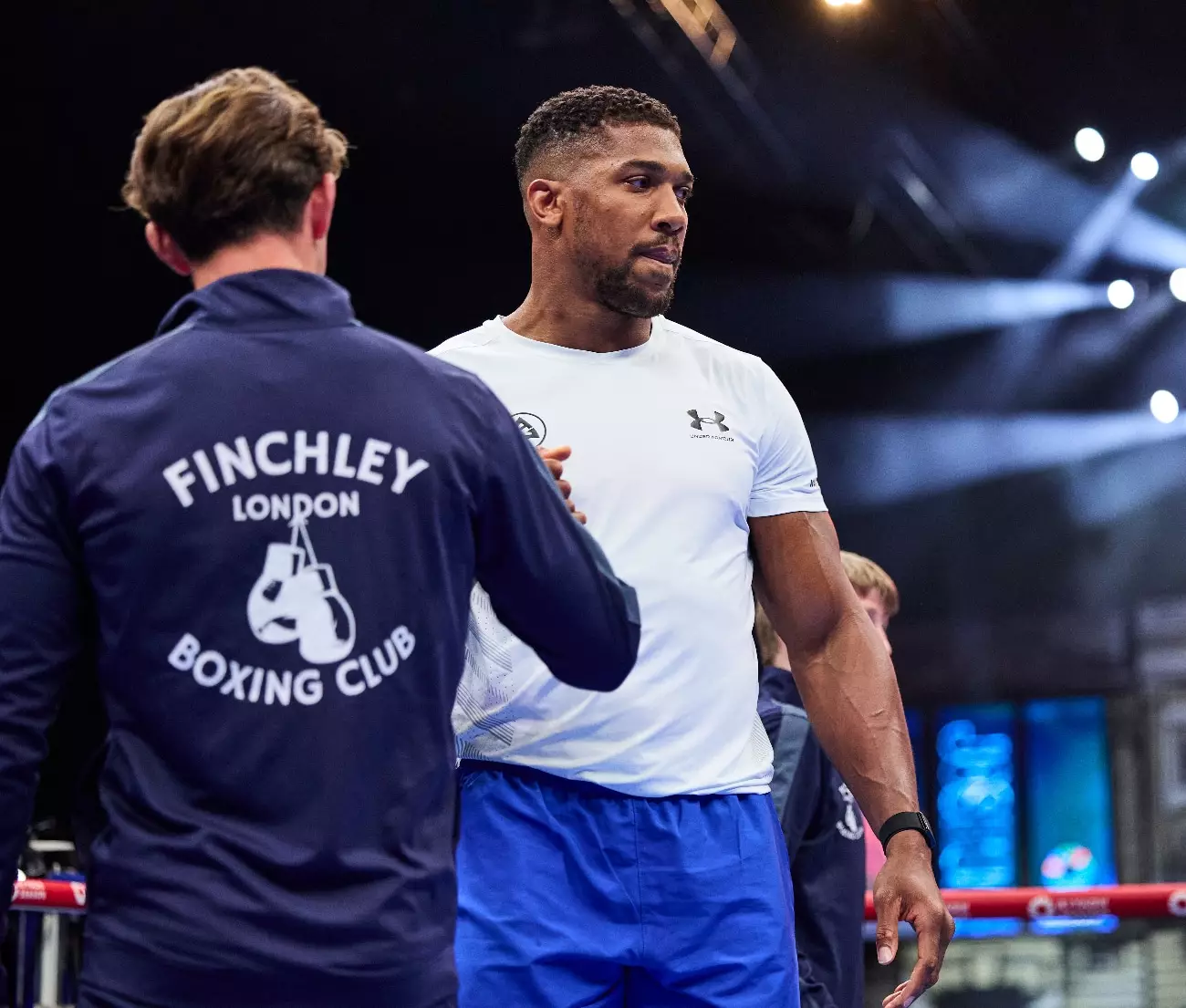As boxing enthusiasts eagerly anticipate Anthony Joshua’s next moves, the online and offline arenas are buzzing with speculation and hopes for future matches. Eddie Hearn, Joshua’s promoter, recently underscored Joshua’s intentions for 2025, focusing on two particular fights: a rematch with IBF heavyweight champion Daniel Dubois and a much-discussed showdown against Tyson Fury. While Hearn passionately advocates for the latter, claiming it as “the biggest fight in boxing,” there are critical viewpoints worth considering that question this assertion’s validity, while also shedding light on the current state and appeal of heavyweight boxing.
Eddie Hearn, an influential figure in the boxing world, insists that Tyson Fury (34-2-1, 24 KOs) versus Anthony Joshua would reign supreme in global boxing interest. However, dissecting the landscape of boxing today reveals a different reality. For years, both fighters have enjoyed stardom primarily within the UK, with limited crossover appeal in the United States and other international markets. As they have continued their careers, the consensus among fans seems to lean toward viewing both athletes as past their prime or overhyped rather than as competitive heavyweights still at the top of their game.
What’s more compelling than just the names attached to the fight are the performances from both fighters in recent years. Joshua’s recent knockout loss to Dubois and Fury’s tumultuous encounter with Oleksandr Usyk signify a downturn in their athletic prowess, creating a question around whether fans still consider a showdown enticing or merely a means to cash in one last time on both fighters’ names. The hype behind the Fury-Joshua clash may not reflect the actuality of how both boxers are perceived today.
Hearn’s statement that there is no larger fight in boxing begs an examination of what constitutes a “big fight.” The outdoor spectacle and attraction of fighters like Muhammad Ali versus George Foreman, or a Mike Tyson match during his heyday, were events that drew attention regardless of borders. In comparing the profile of Joshua and Fury, they simply don’t carry the same weight and allure.
The marketing perspective of the “Battle of Britain” might hold appeal within the UK, sufficient to generate significant PPV revenue. Still, any expectation of massive global interest inadequately addresses the dwindling popularity of both fighters in international circles. The boxing scene no longer thrives on narratives of two heavyweights fighting for supremacy; rather, it is suffused with a growing desire for new blood—fighters who can invigorate the ring and challenge the status quo.
The heavyweight division’s current climate fosters a burgeoning need for exciting matches that captivate a wider audience. While Hearn focuses intently on setting the stage for Joshua-Fury, one has to ponder whether this fight will engulf the momentum of more dynamic fighters emerging in the weight class. What is paramount for boxing is not merely the marquee names that are known from years past but the action they generate in the ring.
Emerging talents continually reshape the landscape, threatening to upend established fighters with fresh matchups filled with unpredicted outcomes. Should Joshua and Fury battle, it would need a compelling narrative to sustain interest—a feat that requires thoughtful promotion and a well-constructed undercard that showcases the rising stars of the heavyweight division. Failure to do so could leave a pivotal gap in engaging fans dedicated to the sport’s further evolution.
In essence, while the hype surrounding the potential rematches in Anthony Joshua’s career, especially the potential clashes with Daniel Dubois and Tyson Fury, may receive heavy promotion from figures like Eddie Hearn, the realities of the boxing landscape cannot be dismissed. The acts of past champions agreeing to fight may no longer carry the weight they once did, inviting skepticism from a fanbase that deserves compelling bouts.
Boxing stands at a crossroads, necessitating an evolution that sheds outdated narratives and ushers in excitement rooted in undeniable talent. Indeed, whether it’s through Joshua or upcoming names, the sport must appeal to a broader audience while rejuvenating interest by showcasing unprecedented matchups that truly capture the spirit of boxing. Ultimately, fans deserve a fresh view, a resurgence of elite competition, and fights that echo in history—not just a nostalgic return to echoes of past champions.

